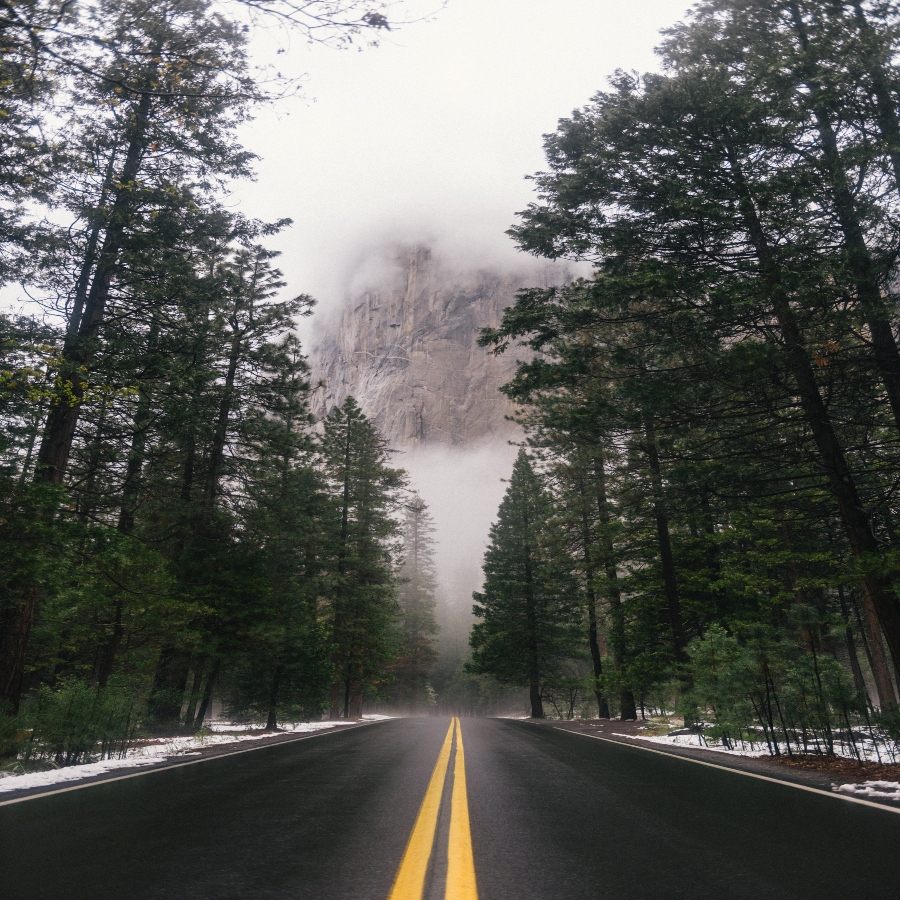Two-lane rural route to the boatyard, boondocks enough for hoedowns, cross-burnings, not that I knew much about either, except they happened, that’s all. Downtown Philly boy a little young for my age, I once asked the burly guy who ran the place (clean shaven, blue checkered shirt, gas company cap) why everyone in sight was white, where was everyone else? And he answered with a slowly widening grin, maybe that’s the only kind we want around here.
My dad, so young and wild, driving us to the pea-green river where his Chinese junk was moored, bought for reasons undisclosed. Yet it made him famous for a day in the city paper, photo of him hunched over sea-charts, marking his turtle progress. At each harbor southward people approached, stoked him with questions about his alien craft—blood red sails held taut by bamboo rigging, coiled scaly dragons carved in teak on the bow, and a stern so canted and high it felt crazy to jump off. But we did.
My sister and I staring through pollen-smudged windows at dense, blurred cornfields. I devoured the newspaper in the back seat—my job to scout the seriously weird or bad stuff and read aloud. A shredded year: in his own driveway, Medgar Evers shot, killed, guardian police mysteriously absent. Dad said, “Don’t worry, Kennedy will get to the bottom of this.” Bomb crater in the ladies’ lounge, Birmingham church. JFK’s casket hauled down Pennsylvania Avenue, a riderless black horse tossing its head, pawing the ground, empty boots reversed in the stirrups. Dad insisting, “things have to get better, believe me.”
Glanced up to see a white rectangle with plain black letters, a town’s name flicking by—a disaster looping back to me. I recounted all the details to my sister and dad, though they kept saying, “That’s enough—you can stop now.” The Clipper Tradewind circled these fields during a thunderstorm, waiting for the signal to land. Five people on the ground saw a ball of fire after lightning hit. The black box saved the pilot’s last words: “Here we go.” Six thousand bits of debris: twisted metal, melted plastic, bone splinters, scraps of flesh. All that stuff packed in crates and hauled to a giant metal shed. They wanted to put it back together like a puzzle. Then I stopped, resumed staring out the window. By my rules, these fields should have looked different than they did, stay scarred, left unsown. Yet they were fully planted, luxuriant, managing only a vegetable peace.
Out of gas, the car coasted to a stop on a slight rise, framed by cornstalks on each side of the road. Dad would let this kind of thing happen. Take us to a drugstore, tell us we could stock up on comic books from the rotating metal rack—then sweet-talk the sourpuss cashier, who was right to doubt his check was any good. Dad said we were close to help but couldn’t say how close. He switched to a deep funny roaring voice, a little hoarse, just right for a tale of bloated king or monster: OK, kiddies, let’s lace up our hiking boots, time for an adventure! No hiking boots; just sneakers. I pushed the door open, heavy, a vault.
I was a little young for my age; needed everything explained, spelled out. Clean-shaven face of the boatyard guy, his blue checkered shirt, his slowly widening grin . . . the only kind we want around here.
The way we walked was uphill, the same direction we’d been going. No traffic—but you couldn’t see what might be rushing over that asphalt rise—just the crinkling waves of heat bracketing the road. Shifting to another strange voice, taut and severe, Dad ordered us to pick up stones on the shoulder, keep a few big ones in each hand. He was scared of rabid creatures that roamed this kind of country; told us that more than once. Walking up the road, I returned to the plane that circled above the fields, aiming to skirt hard weather, hoping the squall line would creep to another map. I found three mud-caked stones and gripped them tight.
**Notes: Medgar Evers, civil rights activist, was assassinated on June 12, 1963 in Jackson, Mississippi. The bombing of the 16th Street Baptist Church in Birmingham, Alabama, occurred on September 15, 1963, resulting in the deaths of four children. The Clipper Tradewind, a commercial airliner, crashed near Elkton, Maryland, December 1963, killing all eighty-one on board. The “black box” is a device in planes that records flight data and cockpit voices, and is used to investigate accidents.

